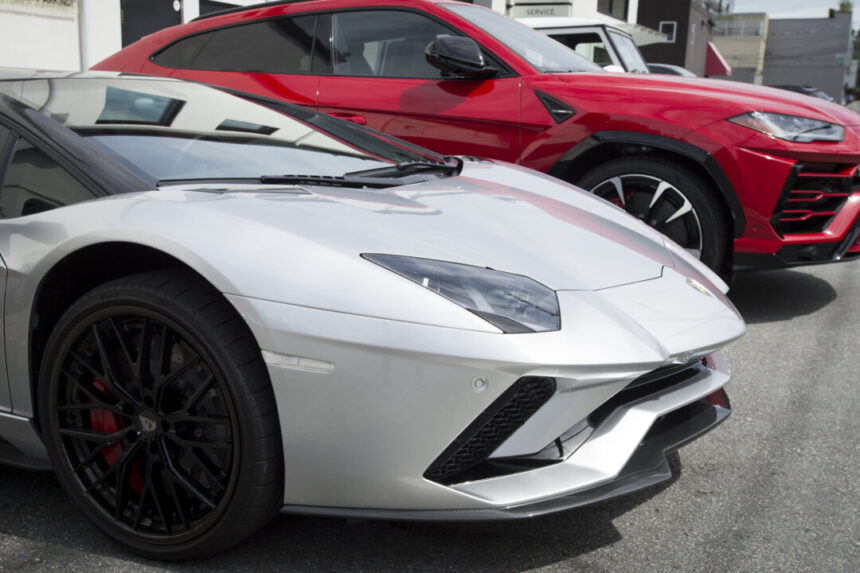Canada’s luxury tax on high-end vehicles, yachts, and private aircraft brought in $137 million this year, but it cost $19 million to collect.
The government released this information in response to an Inquiry of Ministry submitted by Conservative MP Scot Davidson in May. The inquiry requested details about the number of luxury items reported under the
Select Luxury Items Tax and the expenses incurred by the Canada Revenue Agency (CRA) in managing the tax.
The CRA reported that as of March 31, 2024, it had spent a total of $19 million to implement and administer the luxury tax. This amount includes costs for the employee benefit plan and other indirect expenses. The agency confirmed this in a June
response to the question raised.
By March 2023, the CRA had collected approximately
$137 million in luxury tax revenues. This figure fell slightly short of the federal government’s projected annual revenue of $140 million in Budget 2022, which was expected to increase to $145 million in the following years.
According to the government response, a total of 71 aircraft were reported under the luxury tax, mainly from Ontario and Quebec. Additionally, approximately 73,000 vehicles and 400 vessels were also reported.
The luxury tax, initially mentioned in the government’s 2021 budget, became effective in September 2022. It applies to the sale of new luxury vehicles and aircraft priced over $100,000, as well as boats costing more than $250,000.
During
House debate on Sept. 25, Conservative MP Dan Albas expressed concerns about the luxury tax, describing it as “a tax on workers.”
He mentioned, “We actually had industry representatives come and say the tax will harm industry and push businesses to the United States and elsewhere.”
A
March 2023 report from the Finance Department estimated that the tax could result in the loss of between 400 and 870 jobs. This includes a decrease of approximately 150 to 255 jobs in the automobile sector, 20 to 65 jobs in vessel manufacturing, and around 10 to 20 jobs related to aircraft. The report also indicated that the tax might reduce the Canadian GDP by $58 million to $125 million, which is about 0.005 percent of the total GDP.
The report emphasized that the tax aims to “enhance the fairness of the tax system by ensuring that those who can afford luxury goods contribute slightly more to the tax system.”
When announcing the tax, Finance Minister Chrystia Freeland stated that she believed it was reasonable to levy higher taxes on those capable of spending $100,000 on a vehicle. She added, “It’s also fair to ask those who have thrived in this challenging year to provide additional support to those still in need,” during her
Budget 2021 speech.







